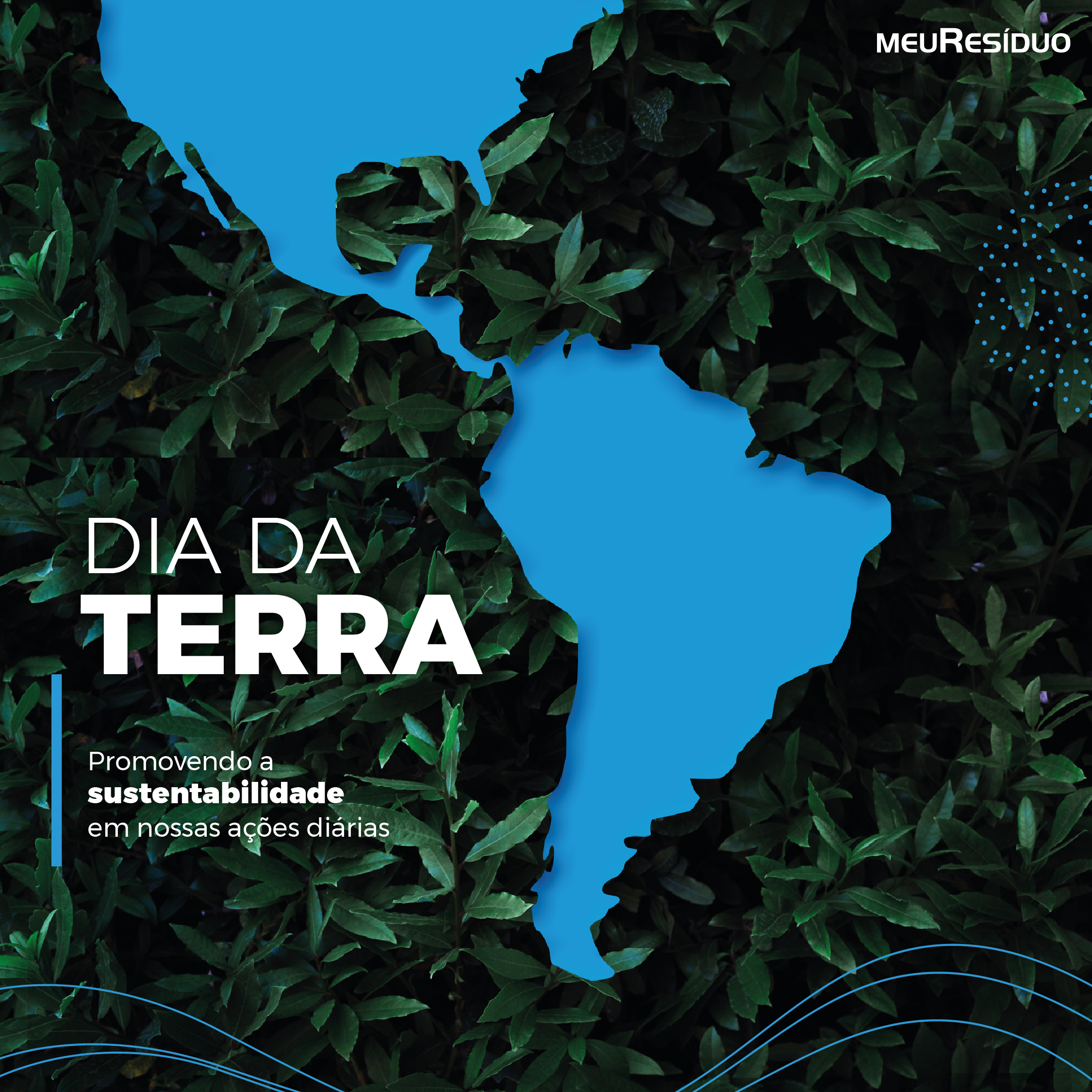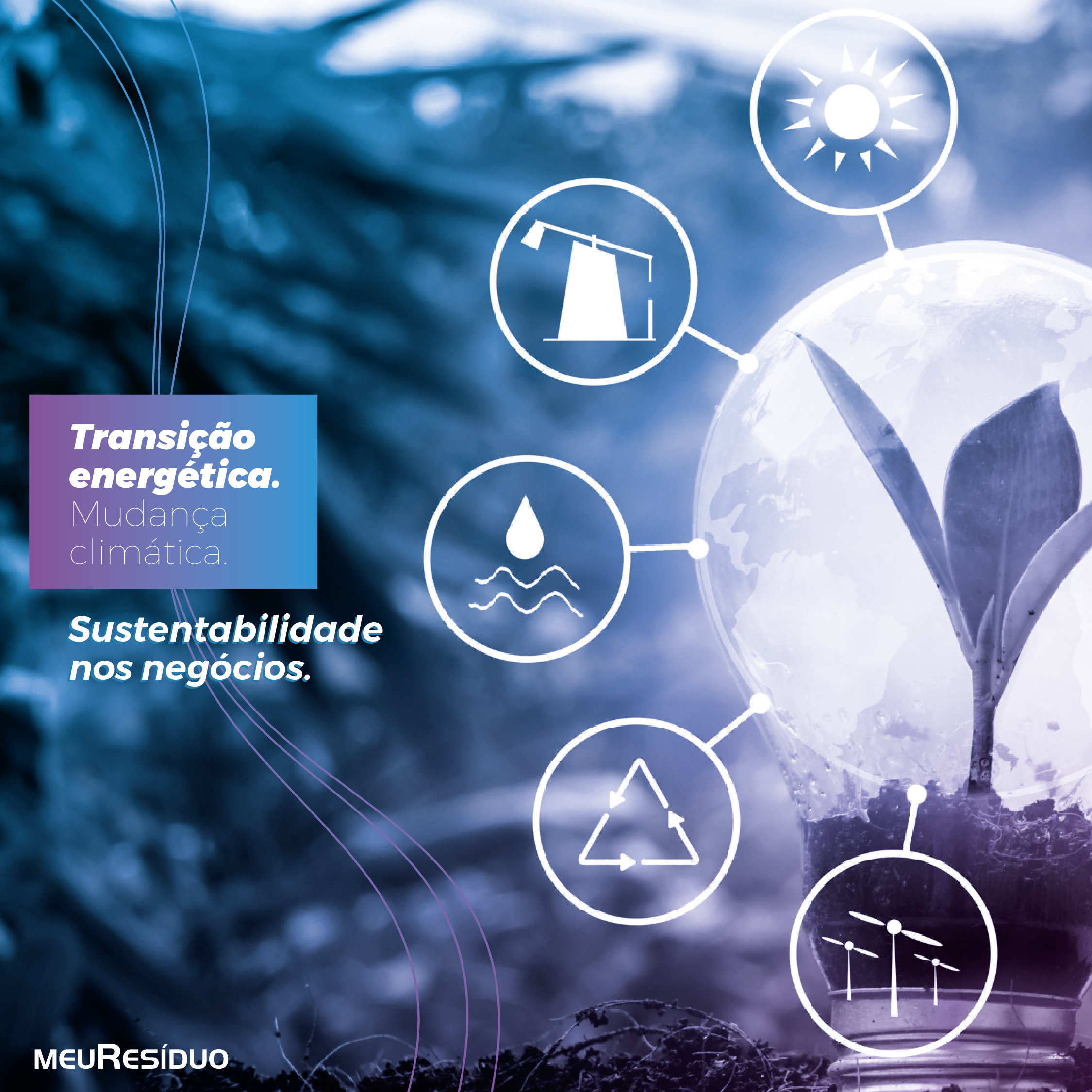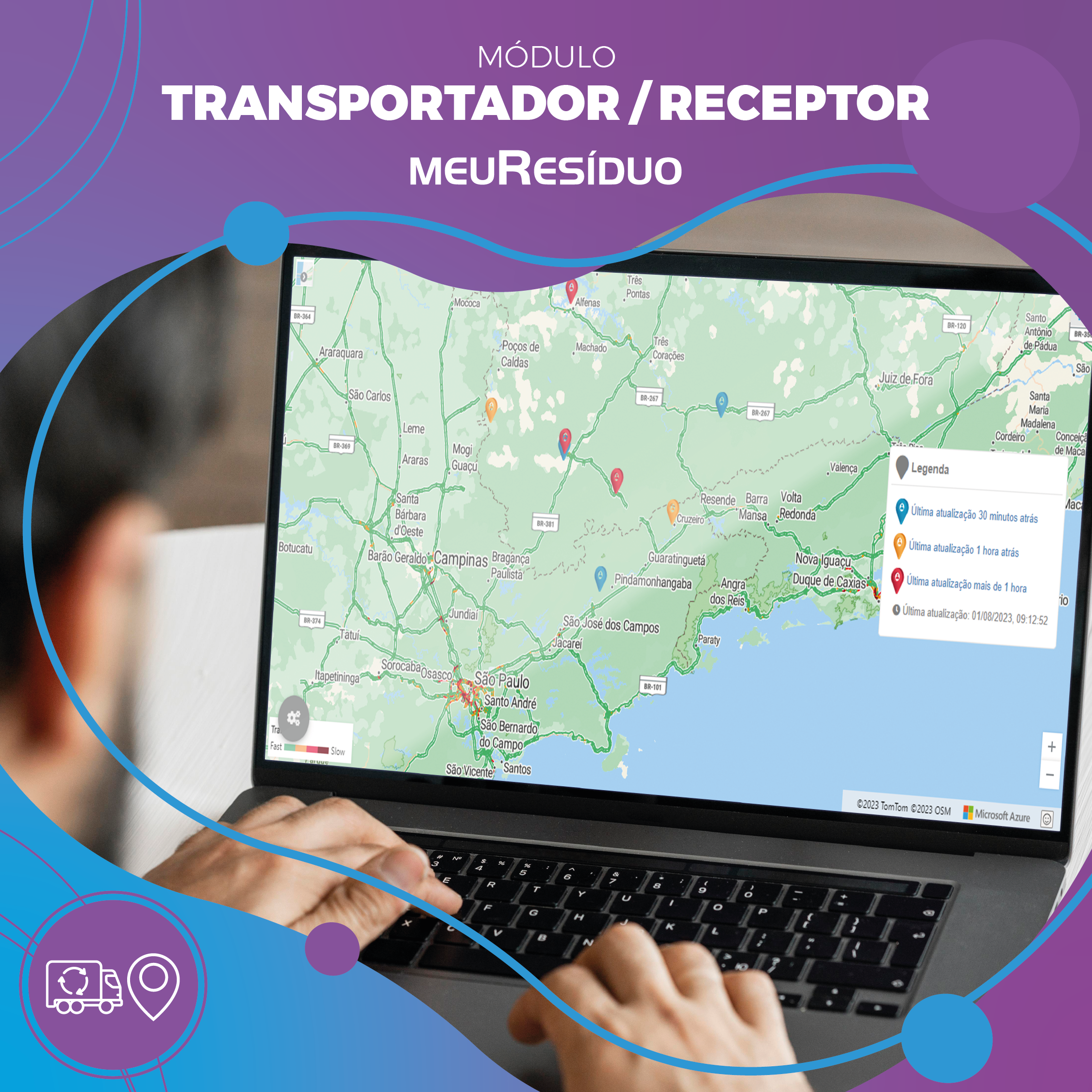
The management on any kind of waste must prioritize the minimization of the generation and the reuse of materials, in order to avoid the negative effects about the environment and the public health. The prevention must be based on the analysis of the products’ life cycle to search for the sustainable development.
According to the RDC ANVISA in the 306/04 and the Resolution CONAMA in the 358/2005, it is defined as generators of Health Services Waste – HSW (Resíduos de Serviços de Saúde – RSS, in Portuguese), all the services related to the human or animal attendance, including home care service and fieldwork; analytical laboratories for health products; morgues, funeral homes and services where embalming activities are carried out, forensic medicine services, drugstores and pharmacies, including the compounding ones; teaching and research establishments in the health area, zoonoses control center; distributors of pharmaceutical products, importers, distributors of materials and controls for in vitro diagnostics, mobile health care units; acupuncture services, tattoo services, among others similar.
The HSW are classified into five groups:
Group A – it englobes the components with possible presence of biological agents that, because of their highest characteristics of virulence or concentration, can show an infection risk. Examples: laboratory plates and slides, carcasses, anatomical parts (limbs), tissues, transfusion bags containing blood, among others.
Group B – it contains chemicals substances that can show some risk to the public health or to the environment, depending on its characteristics of flammability, corrosivity, reactivity and toxicity. Example: seized drugs, laboratory reagents, waste containing heavy metals, among others.
Group C – any materials resultant from human activities that contain radionuclides in quantities greater than the elimination limits specified in the norms of the National Nuclear Energy Commission – CNEN, such as, for example, nuclear medicine and radiotherapy services, etc.
Group D – they do not show biological, chemical or radiological risk to health or to the environment, being able to be equated to the household waste. Example: leftovers, administrative waste, etc.
Group E – piercing-cutting or scarifying materials, such as razor blades, needles, glass ampoules, diamond tips, scalpel blades, lancets, spatulas and others.
The HSW management must be done through a set of actions that have its beginning on the internal handling, where it is done an adequate segregation inside the health service units, aiming the reduction on the infectant waste volume. Inside this handling there are some steps:
Segregation: it is done through the separation of the waste on the moment and local of its generation.
Packaging: pack the waterproof and resistant bags, in an adequate way, all the waste that were segregated, according to its physical, chemical and biological characteristics.
Identification: this step indicates the present waste in the packing recipients.
Temporary storage: it packs temporarily the recipients where the wastes are, next to the place where they were generated. This step aims in streamlining the collecting inside the place.
External storage: it refers to the packing of the recipients in which the wastes are, until the external collecting is done.
External collection and transportation: it refers to the collecting of the HSW on the external storage, being forward to a treatment unit and final destination.
The realization of a certain HSW management is of extreme importance on the neutralization of the possible risks to the human being’s health and also to the environment. Once these materials get in contact with the soils or the water, they can cause serious contaminations on the environment and cause damage to the vegetation.
It can also happen serious problems if the contaminated wastes get in contact with rivers, lakes or even the groundwater, because, this way, the contamination will spread easily, prejudicing any living being that gets in touch with this water.
It is of paramour importance the adoption of adequate technical procedures on the handling of different kinds of waste. With planning and the adequate handling procedures it is possible to diminish the risks, besides reducing the waste quantities to be treated.
*source: www.anvisa.gov.br


